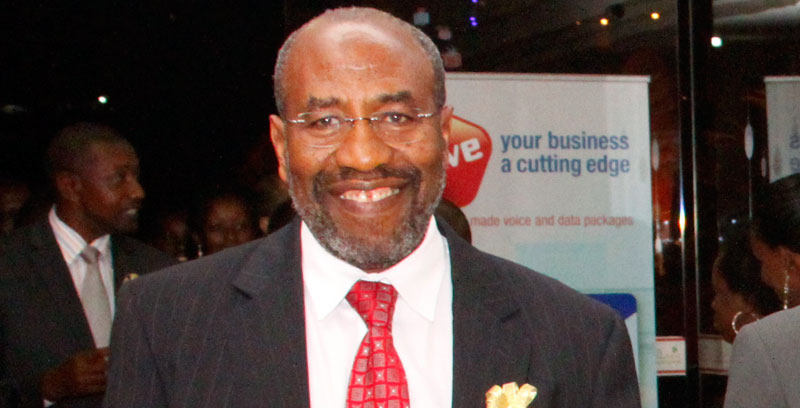Business
National Housing frustrating government plans – Rugunda
The Prime Minister Dr. Ruhakana Rugunda has expressed disappointment at the snail pace with which National Housing and Construction Company is executing its mandate, frustrating Uganda’s efforts to fix the gaping housing deficit in accordance with vision 2040.
Rugunda voiced his disappointment while officiating at a function organized by the Ministry of Lands Housing and Urban Development at Imperial Royale Hotel to launch the National Housing policy this week.
He was comparing the current growth rate of Uganda’s housing sector and the early years of the post independence era when the late John Bikangaga and George Magezi respectively, were at the helm of the National Housing Corporation as it was then called.
“These two gentlemen worked very hard and were therefore able to deliver results in a short time. That is how we came to get the famous Bugolobi flats and Bukoto flats by the year 1964. But it is unfortunate that since then National Housing and Construction’s work have been peanuts,” Rugunda lamented.
Rugunda’s pain is understandably hinged on the fact that Uganda’s housing deficit is growing bigger and with each passing year especially when the county is experiencing a high population growth rate of 3% and one of the fastest in the world.
“But we want to see thousands of Housing units being produced by National housing each year. That is the only way we can cope up with Uganda’s rapidly growing housing needs,” Rugunda charged.
According to Ambassador Agnes Kalibala, the Director of Housing in the Ministry of Lands, Housing and Urban Development, the overall housing situation in the country is characterized by inadequate housing in terms of quality and quantity both in rural and urban areas with a housing deficit standing at 1.6 million housing units out of which 210 units are needed in urban areas.
Celebrating the launch of the new policy, Kalibala noted that an estimated 900,000 out of the existing housing units in the country are all substandard and therefore in dire need of both upgrading and replacement.
“The National Housing Policy therefore lays emphasis on the regular repair and maintenance of properties while it is at the same time advocating for regular property inspection by competent authorities from the urban and local governments for purposes of compliance with building standards,” Kalibala said.
Speaking to The Sunrise, the Lands Ministry Spokesperson Denis Obbo pointed out that the policy is designed to among other things; increase the production of housing for all income groups from 60,000 currently to 20,000 housing units per annum in a bid to meet the housing needs by 2022, to promote an efficient utilization of energy and other resources in housing, to improve security of tenure for property owners and to improve the mechanism for development and management of the real estate industry.
However, while the policy advocates for low cost housing units which it refers to as “social housing”, meant for the poor, it has raised eye brows from rural based Civil Society organizations complaining that it has left out the needs for the rural poor .
Charles Ofwono, the Chairman of the Foundation for Rural Housing is one of those who complained that ” the policy has given rural housing needs a raw deal.”
“This policy is hollow when it comes to rural housing. While it takes care of the housing needs for the urban poor, it unfortunately says absolutely nothing about the rural poor,” Ofwono complained.
“Why is government always content with the habit of coming to do interventions in rural areas after disasters have struck rather than preventing them before it is too late?” He wondered.
Efforts to get a comment from Parity Twinomujuni, the Chief Executive officer of the National Housing and Construction Company proved futile as he didn’t answer his calls.
Comments




















